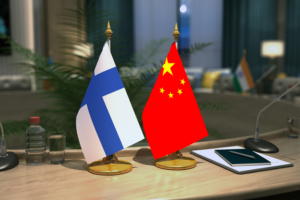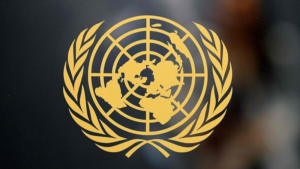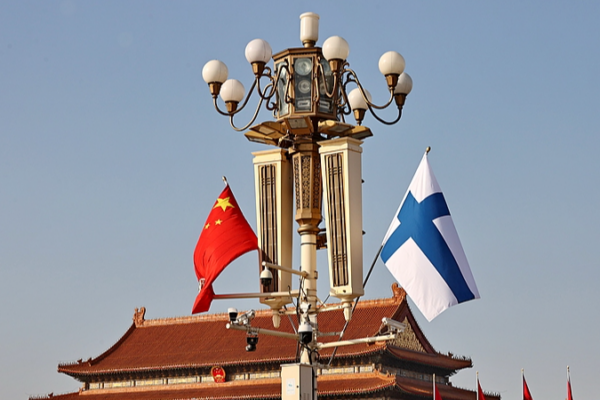
Finland’s ‘Values-Based Realism’ Reshapes China Ties Amid Global Shifts
Finland’s ‘values-based realism’ gains traction as global leaders seek pragmatic diplomacy. Explore its impact on China-EU relations in 2026.

Dumplings and Tortellini: A Cross-Cultural Celebration of Family and Tradition
Exploring how Chinese dumplings and Italian tortellini preserve family bonds and cultural identity through shared culinary traditions in 2026.

Gulab Jamun: Pakistan’s Cardamom-Spiced Sweet Tradition Endures in 2026
Explore how Pakistan’s beloved gulab jamun blends cardamom, rose water, and tradition, as featured in the 2026 documentary ‘Sweet Planet.’

China’s Blue Circle Initiative Transforms Ocean Plastic into Economic Opportunity
China’s Blue Circle initiative turns ocean plastic into high-value products, creating a sustainable business model that incentivizes coastal communities and addresses marine pollution.

China’s Humanoid Robots Redefine Companionship with Robotic Pets
Chinese humanoid robots demonstrate social interaction with robotic dogs, signaling new phase in human-machine coexistence and AI development in 2026.

Lion & Qilin Dances Revive Tradition in Shenzhen
Hong Kong Lion Dance Champion Tsang Hoi-ping revitalizes traditional lion and Qilin dances in Shenzhen, inspiring youth and preserving cultural heritage in 2026.

Tuoca Therapy: Dai Medicine’s Answer to Chronic Pain Relief
Dai medicine’s tuoca therapy gains global attention in 2026 as a natural solution for chronic pain, blending traditional techniques with modern wellness needs.

‘Year of the Dog’ Brings Family-Friendly Thrills to Valentine’s Day Screens
Suspense-comedy ‘Year of the Dog’ hits Chinese theaters Feb. 14, combining animal adventures with Spring Festival family appeal through high-energy action and humor.
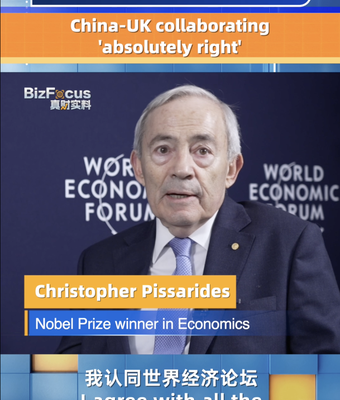
China-UK Economic Collaboration Vital for Global Growth: Nobel Economist
Nobel laureate Christopher Pissarides emphasizes China-UK collaboration’s global significance during PM Starmer’s historic visit, highlighting economic synergies and shared challenges.

Sancai Art Revival: Ceramic Horses Gallop into 2026’s Cultural Spotlight
Master ceramicist Guo Aihe revives ancient Sancai techniques as 2026’s Year of the Horse inspires global cultural engagement with traditional Asian art forms.
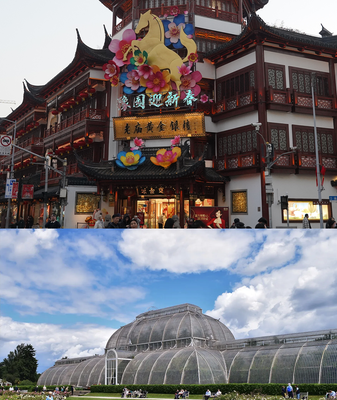
East Meets West: Yuyuan and Kew Gardens Bridge Cultural Traditions
Shanghai’s Yuyuan Garden and London’s Kew Gardens showcase contrasting philosophies of nature through 400 years of landscape design and botanical study.
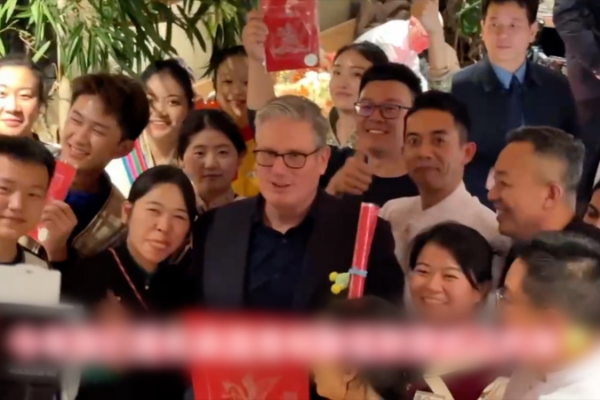
UK PM Starmer Embraces Yunnan Culture in Beijing Visit
UK Prime Minister Keir Starmer begins China visit with cultural gesture at Beijing’s Yunnan restaurant, signaling renewed diplomatic engagement in 2026.

Honghe Valley Glamping: Where Ancient Terraces Meet Modern Luxury
A luxury glamping camp in Yunnan’s Honghe region offers immersive cultural experiences amid ancient Hani rice terraces and abandoned village ruins.
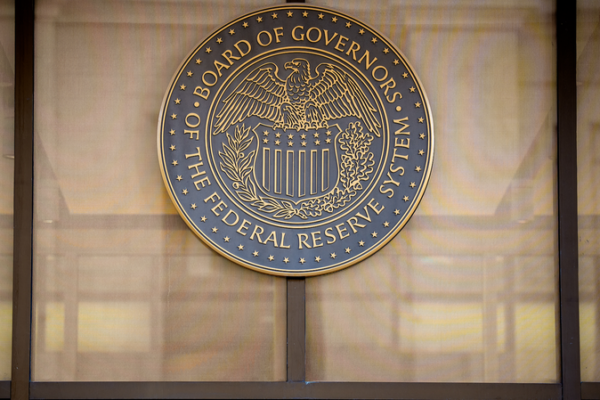
Fed Holds Rates Steady in 2026 Policy Shift, Markets Watch Closely
The US Federal Reserve maintains interest rates at 3.5-3.75% in its first 2026 meeting, signaling cautious economic strategy as Asian markets adjust.

Hainan’s Coral Revival: Tourists Join Marine Conservation Efforts
Hainan’s coral restoration projects engage tourists in marine conservation, blending eco-tourism with ecological recovery efforts in 2026.

China’s Cloud Giants Launch AI Agent Moltbot, Fueling Automation Wave
Tencent and Alibaba Cloud launch Moltbot AI agent, driving automation advancements and hardware demand across Asia’s tech landscape in early 2026.

Milano Cortina 2026 to Debut Dual Cauldron, Regional Unity Focus
Italian Olympic officials reveal groundbreaking plans for the 2026 Milano Cortina Winter Games, emphasizing regional collaboration and innovative ceremonies.

Italian Olympic Chief Praises Beijing 2022 Legacy, Eyes Sustainable Future
Italian Olympic leader Luciano Buonfiglio highlights Beijing 2022’s lasting impact on sports sustainability and international cooperation in exclusive interview.
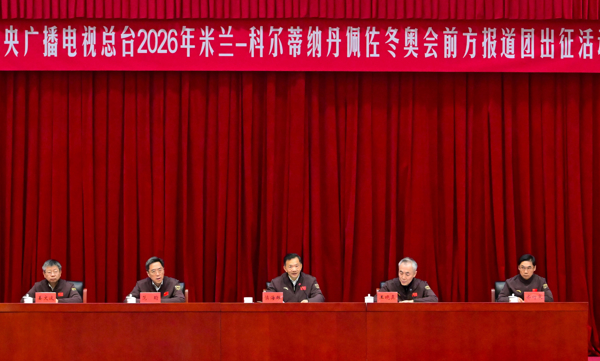
China Media Group Deploys 500-Strong Team for 2026 Winter Olympics Coverage
China Media Group deploys 500 staff to Italy for Winter Olympics coverage, including groundbreaking 8K broadcast production and international signal responsibilities.

Furong Town: China’s Cliffside Summer Oasis Blends Nature and Culture
Discover Furong Town, Hunan’s ancient cliffside settlement blending waterfall landscapes with Tujia ethnic traditions, emerging as a top 2026 summer destination.



